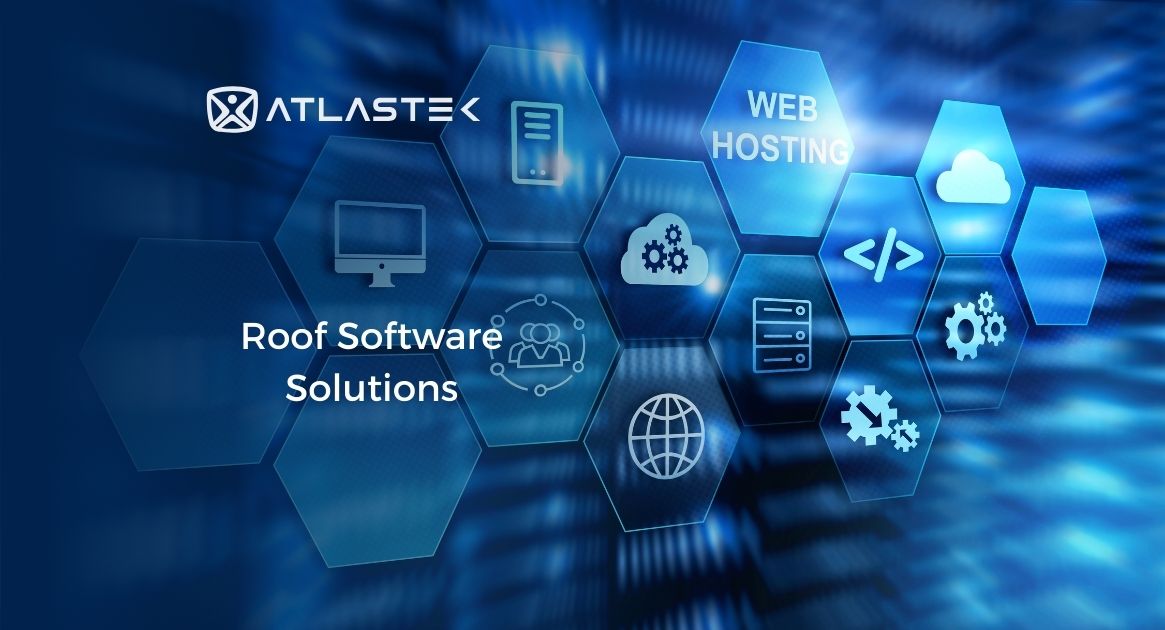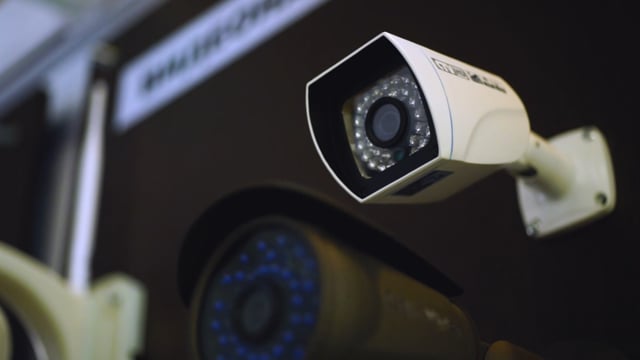
 03 July 2023
03 July 2023


Camera systems provide uninterrupted 24/7 surveillance thanks to modern technology with night vision capability. Night vision technology plays a critical role in maximizing security. Especially during nighttime hours with insufficient lighting or in completely dark environments, where traditional cameras fail, this technology steps in to both deter potential threats and ensure that incidents are recorded.
Night vision technology includes various techniques developed to capture clear and detailed images even in the dark. These technologies are designed to deliver the best surveillance experience in different environments.
Infrared LEDs emit rays that are invisible to the human eye but detectable by cameras, enabling night vision. IR LEDs generally offer a range between 20 and 100 meters and deliver high performance in dark environments.
Thermal cameras detect the heat energy emitted by objects to form images. This allows them to identify moving objects even in total darkness. They are especially used in sensitive areas such as military zones and border security.
Night vision technology is not only used in the security sector but also provides solutions across many industries, tailored to their specific needs. By being adaptable to both public and private sectors, this technology enhances security and minimizes risks that may occur during nighttime.
Security in industrial facilities must be uninterrupted 24 hours a day. Cameras with night vision are used in the exterior and interior areas of factories to prevent possible theft or sabotage incidents. They also contribute to the safe continuation of operational processes by being used in night inspections of production areas. Industrial access control systems in industrial facilities ensure the regulation of personnel entries and exits, preventing unauthorized access and increasing the level of security.
Security camera systems keep residential areas and housing complexes under surveillance throughout the night, providing peace of mind for residents.
In hotels, ensuring guest safety during the night is of critical importance. Entrances, parking areas, and common spaces can be monitored with night vision cameras to maximize security. This not only strengthens the reputation of the business but also positively affects the guests’ sense of safety.
Night vision cameras are essential for ensuring security in low-light conditions, as most security breaches occur at night.
Standard night vision cameras can capture images within 20–100 meters, while thermal cameras can detect up to 300 meters.
Night vision range and resolution are the most important factors. High resolution ensures clear images even in low-light conditions.
Your personal data, as the data controller, is managed by Company Name (Atlastek Security Technologies) operating the website www.atlastek.net , with the primary principle of protecting the privacy of its visitors. This Cookie Usage Policy (“KVKK”) explains to all website visitors and users which types of cookies are used and under what conditions.
Cookies are small text files stored on your device or network server by the websites you visit via your computer or mobile device.
Cookies are generally used to provide you with a personalized experience while using the website you visit, to improve the services offered, and to enhance your overall experience. They can also contribute to ease of use while browsing a website. If you prefer not to use cookies, you can delete or block them through your browser settings. However, please note that this may affect your use of our website. Unless you change your cookie settings in your browser, we will assume that you accept the use of cookies on this site.
Cookies on websites collect data related to your browsing and usage preferences on the device you use to visit the site, depending on their type. This data includes information about the pages you access, the services and products you review, your preferred language, and other preferences.
The main purposes of using cookies on our website are listed below:
Session cookies ensure the proper functioning of the website during your visit. They are used to maintain the security and continuity of both our sites and your visit. Session cookies are temporary; they are deleted when you close your browser and are not permanent.
These cookies are used to remember your preferences and are stored on your device through your browser. Persistent cookies remain on your device even after you close your browser or restart your computer. They are kept in your browser's subfolders until deleted through your browser settings.
Some types of persistent cookies may be used to provide you with personalized recommendations based on factors such as your purpose of using the website.
Thanks to persistent cookies, when you visit our website again with the same device, it is checked whether a cookie created by our website exists on your device. If it exists, it is recognized that you have visited the site before, and the content delivered to you is determined accordingly, thereby providing you with a better service.
These are cookies necessary for the proper functioning of the website you visit. The purpose of these cookies is to provide essential services by ensuring the site operates correctly. For example, they allow you to access secure areas of the website, use its features, and navigate through it.
These cookies collect information about how the website is used, the frequency and number of visits, and show how visitors arrive at the site. The purpose of using such cookies is to improve the website’s operation, enhance performance, and determine overall trend directions. They do not contain data that can identify individual visitors. For example, they indicate the number of error messages displayed or the most visited pages.
Functional cookies remember the choices made by the visitor within the site for their next visit. The purpose of these cookies is to provide ease of use for visitors. For example, they prevent the user from having to re-enter their password on each page they visit.
They measure the effectiveness of advertisements presented to visitors and track how many times the ads are viewed. The purpose of these cookies is to provide visitors with advertisements tailored to their interests.
Similarly, they help identify visitors’ interests based on their browsing and provide relevant content. For example, they prevent the same advertisement from being shown to a visitor repeatedly within a short period.
To change your preferences regarding the use of cookies or to block or delete cookies, it is sufficient to modify your browser settings.
Many browsers offer options to control cookies, allowing you to accept or reject cookies, accept only certain types of cookies, or be notified by the browser when a website requests to store cookies on your device.
At the same time, it is also possible to delete cookies that were previously saved in your browser.
If you disable or reject cookies, you may need to set some preferences manually. Since we will not be able to recognize or link your account, some features and services on the website may not function properly. You can change your browser settings by clicking the relevant link in the table below.
The Website Privacy Policy is dated …./…./….. In the event that the entire Policy or certain articles are updated, the effective date of the Policy will be revised. The Privacy Policy is published on the Organization’s website (www.atlastek.net ) and made accessible to the relevant individuals upon request by the data subjects.
Atlastek Security Technologies Address: Mahalle Adı Sokak Adı, No: 1/A, 34444 District Name/City Name Phone: +90 216 555 55 55 E-Mail: mail@alanadi.com Website: www.atlastek.net